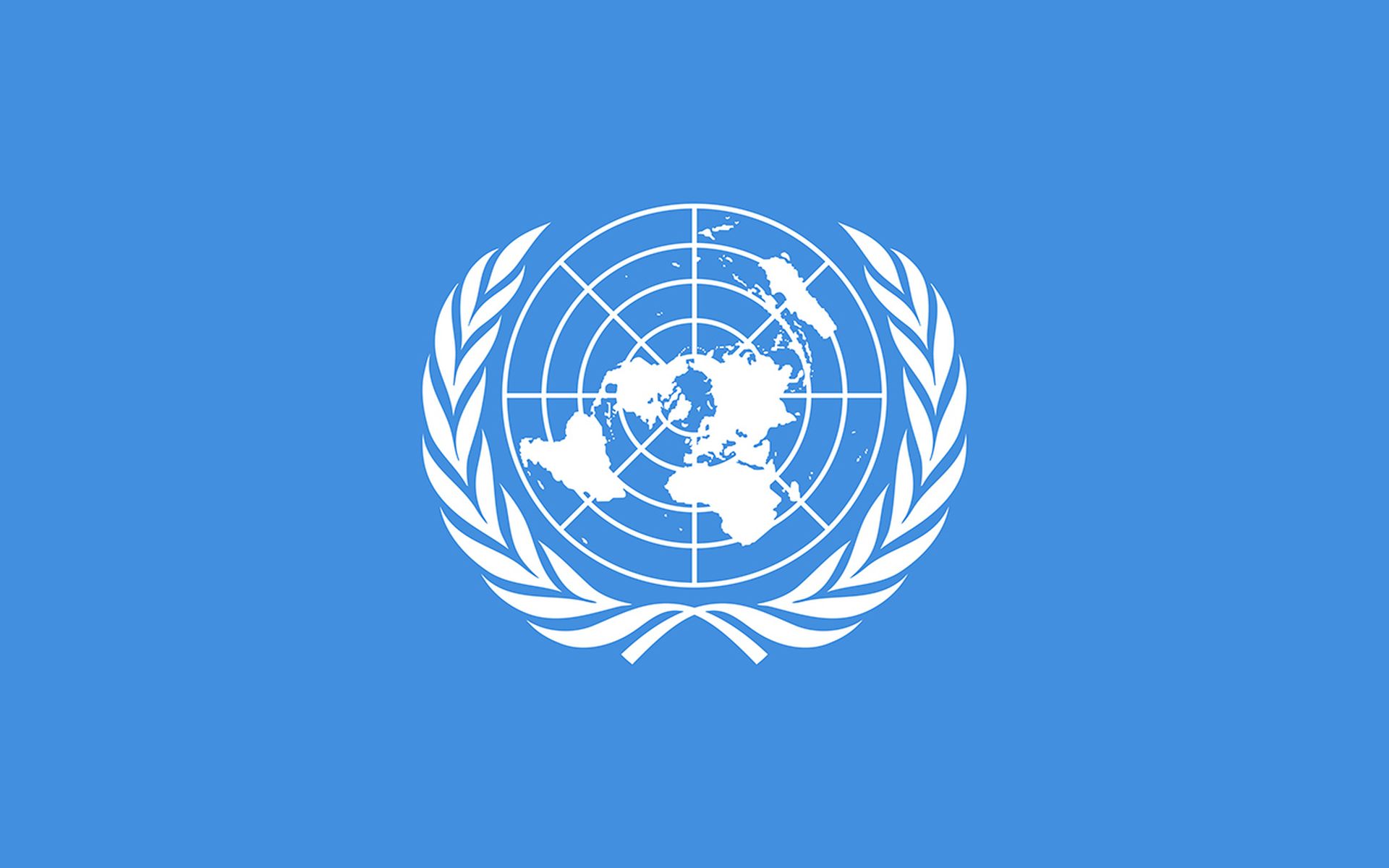Possible U.S. repudiation of the United Nations cybercrime treaty ahead of the UN General Assembly amid increased opposition by Biden administration officials and the tech sector was noted by Ambassador Deborah McCarthy, who served as the lead U.S. treaty negotiator for the ad hoc committee, to be damaging to the country following the treaty's approval by the body's Ad Hoc Committee on Cybercrime, reports The Record, a news site by cybersecurity firm Recorded Future.
"It would be unheard of for us to pull out of consensus after we led the system and joined. There'd be huge disappointment if all of us in the U.S. were to say, 'You know, we're not part of this.' And I think that would drive a big wedge at the U.N," said McCarthy. Such a treaty has received pushback from privacy advocates and the industry due to the lack of human rights protections accompanying more expansive country surveillance. "With greater surveillance powers should come more robust human rights safeguards to protect against abuse," noted Human Rights Watch Deputy Director for Technology and Human Rights Deborah Brown.




